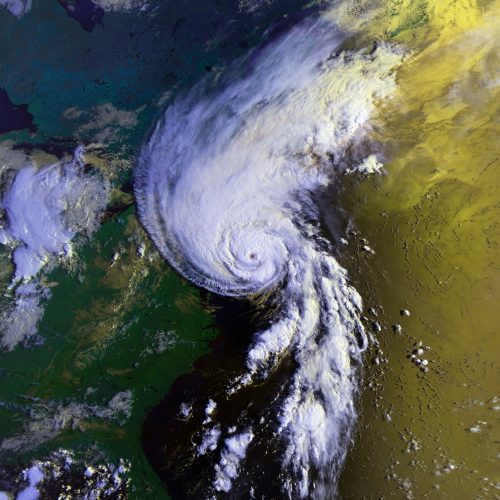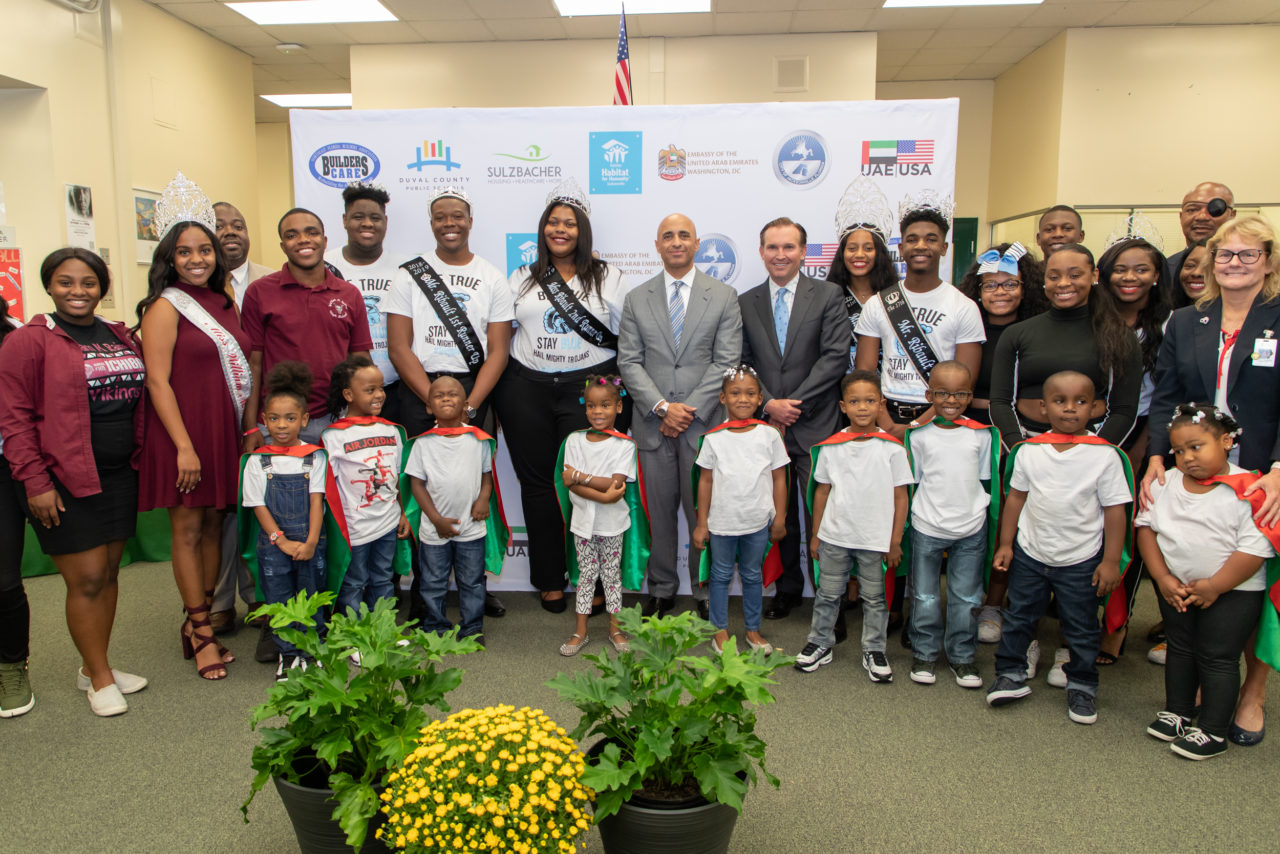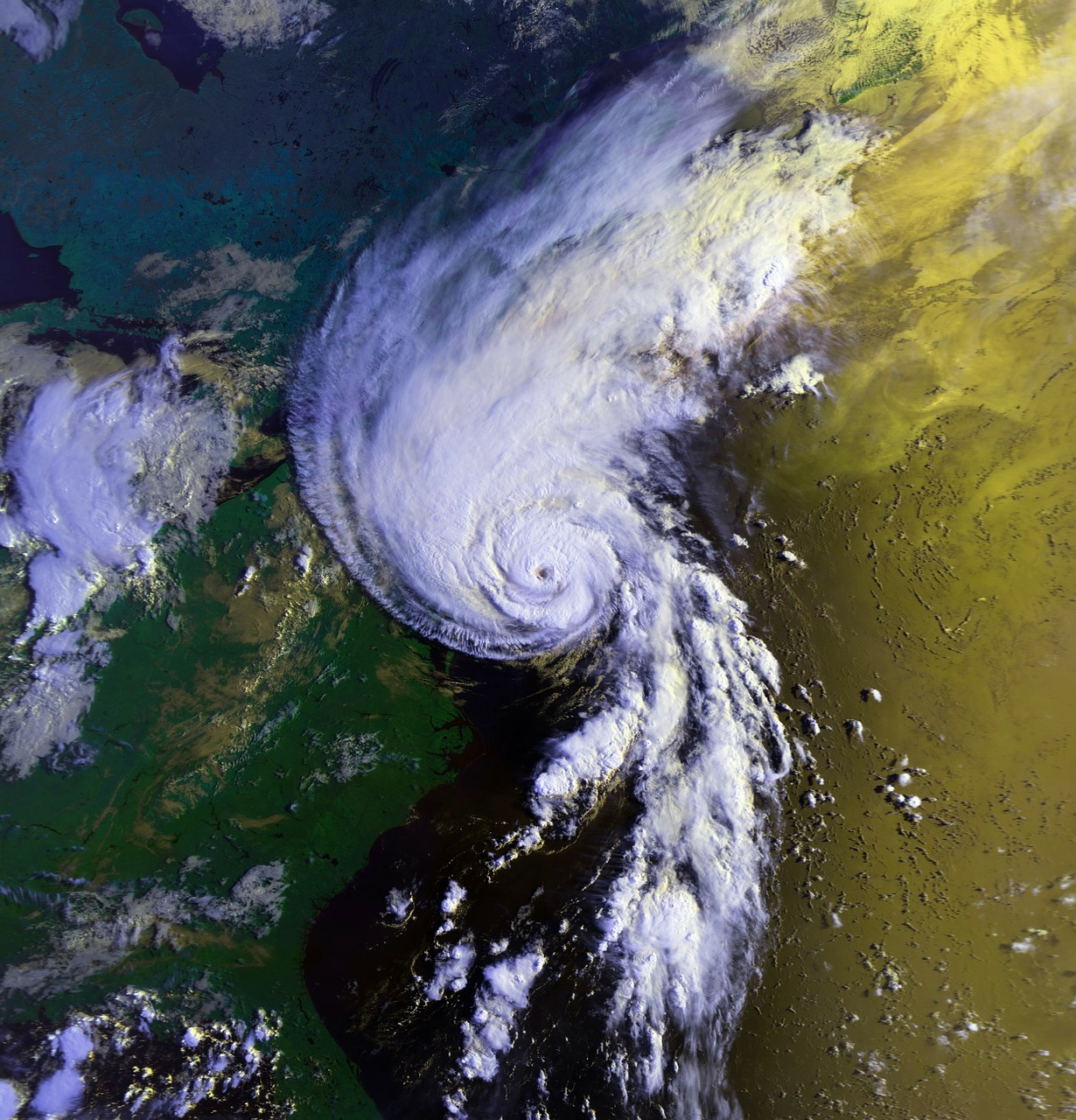In 2017, Hurricane Irma shocked the world as it struck the Caribbean Islands and grew to a rare category 5 storm. Sustaining winds up to 185 mph for 37 hours, it soon left thousands upon thousands of islanders without shelter, water or electricity.
As the storm slowly approached the east coast, United States (US) government officials ordered millions of vulnerable Florida residents to evacuate their homes. Several days later, Irma swept over the majority of the state and left more than 6 million people without power. It also resulted in heavy flooding throughout several major cities like Jacksonville, the Florida Keys and Miami.
After nearly two weeks of devastation, Hurricane Irma marked the most expensive storm in US history, one of the most powerful Atlantic hurricanes on record and the longest-lasting hurricane in global history.
Helping A Friend in Need

As the catastrophic destruction made headlines worldwide, the UAE government was quick to get involved in disaster relief and restoration.
In partnership with the UAE Embassy in Washington, DC, His Highness Sheikh Mohamed bin Zayed bin Sultan Al Nahyan, Crown Prince of Abu Dhabi, sent special planes to evacuate both Emirati and Saudi citizens living in Florida. Those Emirati citizens on board were relocated to Washington, DC, where they were greeted by UAE officials including Deputy Chief of Mission, Omar Al Shamsi. During this time, the embassy held a special lunch banquet in their honor and organized comfortable living arrangements until it was safe to return home.
Following the widespread devastation, the UAE Embassy also announced the Emirati government’s restoration gift to assist with statewide disaster relief efforts. In the following weeks, embassy officials worked alongside the Florida Disaster Fund to organize humanitarian aid for the hardest-hit communities, ecosystems and residents.
Rebuilding the City of Jacksonville
One year later, Ambassador Yousef Al Otaiba paid a special visit to Florida to personally support ongoing rehabilitation efforts. During his visit, he announced that a major portion of the UAE’s recovery gift would be awarded to the coastal city of Jacksonville.
In solidarity with Florida residents, he stated “We are delighted to help the City of Jacksonville embark on the next phase of its recovery after residents here faced record flooding and storm damage caused by Hurricane Irma. This community showed great resilience in the storm’s immediate aftermath. Everyone in the UAE watched with great concern, and we wanted to help the state recover with projects to help the people of Florida get back on their feet.”

The donation was distributed to several Duval County Public Schools, Charles Reese Park, Ken Knight Drive Neighborhood, the I.M. Sulzbacher Center and Habitat for Humanity.
Restoring Collier County and the Florida Keys
Outside of Jacksonville, the UAE’s disaster relief grant was awarded to Collier County in the city of Naples. The funding specifically went towards the United Way of Collier County (UWCC), who also managed and oversaw the humanitarian project. Together, they helped restore several key neighborhoods and public schools, along with the Grace Place for Children and Families.
As of 2020, the UAE also partnered with the United Way of Collier and the Keys to fund a major reef restoration project known as Mission: Iconic Reefs. The donation marked one of the largest investments in reef restoration history and will play a major role in reviving seven major reefs severely damaged in 2017.
Speaking to this ambitious project, Al Otaiba stated, “This is what friends do for each other in times of need. The UAE is delighted to be able to help the Florida Keys community in this special way and begin to restore its iconic coral reefs. We share the same planet and face the same challenges. That’s why the UAE is so proud to collaborate with partners in the US and around the world to better protect and preserve vital ecosystems.”
Several months later, the UAE Embassy celebrated World Oceans Day and highlighted Mission: Iconic Reefs through a virtual discussion with the Environmental Agency of Abu Dhabi and the Florida Keys National Marine Sanctuary.
Additionally, the UAE’s grant will also support Reef Futures 2021, an upcoming conference that will continue the discussion on how to best protect and preserve the Keys coral reef ecosystems over the next century.
The UAE has an extensive record of helping US communities recover from natural disasters – from New Orleans to New Jersey after Hurricanes Katrina (2005) and Sandy (2012), to Joplin, Missouri (2011), which was devastated by one of the largest tornadoes ever recorded in the U.S. Most recently, the UAE announced a $10 million grant to the state of Texas following the impact of Hurricane Harvey in 2017.
